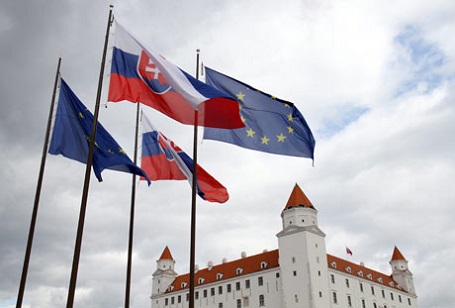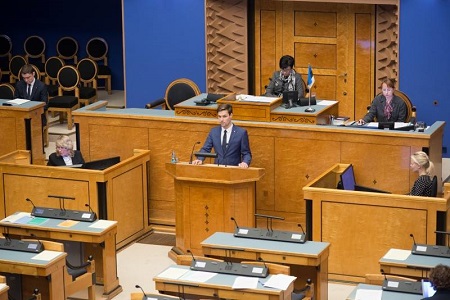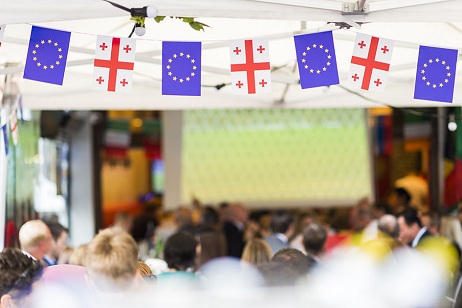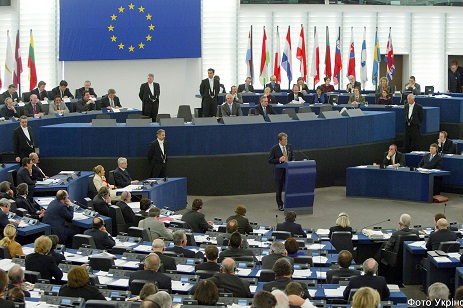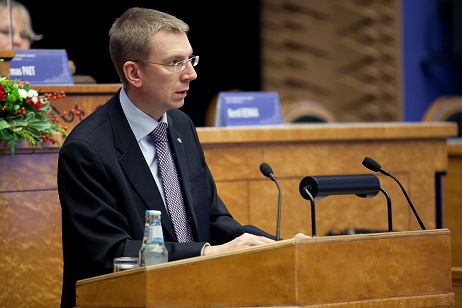Germany takes steps to ratify EU-Georgia Association Agreement
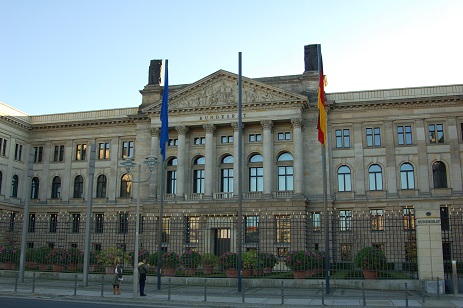
The cabinet of the Federal Government of Germany has approved a number of bills that would lead to the ratification of European Union (EU) Association Agreements (AA) with Georgia, Ukraine and Moldova.
AA deals emphasized the development of political, economic and cultural relations between the EU and these three states and the AA would contribute greatly to the development of democracy and the rule of law.
The Government of Germany’s approval of the bills will pave the way for the implementation with Germany of the EU’s AA deals with Georgia, Ukraine and Moldova, stated the German Government on its official website.
Before the Association Agreements can come into force in full they must be ratified by all 28 EU member states. In Germany this requires a federal law, which must be approved by both the German Bundestag and the Bundesrat, the two chambers of parliament …, read the German Government’s website.
The German government will soon introduce the approved bills to the Parliament of Germany. Once this happens it is expected the German Parliament will ratify the EU-Georgia AA deal in the near future, and when it does, it will become the seventh EU member country to ratify the agreement, after Estonia, Slovakia, Bulgaria, Latvia, Lithuania and Romania.
AA deals were signed by Georgia, Ukraine and Moldova and EU representatives on June 27 in Brussels.
EU AA deals must be ratified by all 28 EU member countries before they can be fully implemented.
Meanwhile Germany has worked to foster strong relationships between EU countries and its nearest neighbours. In 2009 Germany and its European partners launched the Eastern Partnership (EaP) with its neighbours Georgia, Ukraine, Moldova, Belarus, Armenia and Azerbaijan.
The EaP aimed to put relations between the EU and its immediate neighbours on new footing and strengthen links across the board. The EaP fostered political, economic and social relations with partner countries and supported EaP countries’ political and socioeconomic reforms, stated the German Government on its website.
 Tweet
Tweet  Share
Share


